I am having a tough time with the “ONE” campaign. All in ‘one’ place (pun intended) you can read about the plight of poor (read: pathetic) folks living in vulnerable places of the world, *and* get your fix of glossy photos of your favorite celebs. A bit creepy, no?
While I am absolutely for celebrities coming out in support of foreign aid, debt relief, and fair trade, when these messages are surrounded by pictures of Brad Pitt and trendy bracelets, they are reduced to catch phrases. Somewhere along the line, the effort misses the point. Educating the world about poverty shouldn’t be about celebrity, fundraising, donations, and sorrowful stories.
It is either patronizing to assume that Western youth will only engage on important international issues when brought to their attention by celebrity, or it is terribly sad. Do we honestly need that kind of buzz to think beyond I-Pods and Idol?
And yet I have to admit: if I were the director of CARE, or Save the Children, or OXFAM, or another of the One campaign partners, I would be all over this. I would know that this campaign would be an important political tool and possibly help us acquire funds. But I would also be sad, as I do not believe in trotting out the world’s hardest luck cases to drum up sympathy money. On the outside, I would champion the One campaign, play to the sympathies of celebrities, and work to promote my agency. But inside, I would know that I had only compromised to something that would never be a solution to the problems I seek to challenge.
The campaign would do more if it put efforts in educating the on the why(s) and how(s) of health and poverty. Educating about the dangers of liberalizing trade agreements, ill-focused structural adjustment programs, drug company games, and business monopoly — this is more worthwhile than yet another picture of starving children. While giving voice to those ‘on the ground’ is incredibly important, I am not comfortable doing so when it is framed in such a limited and damaging binary: rich vs. poor — white vs. black — giver vs. receiver — educated vs. noneducated — free vs. not free — etc. These distinctions only serve to create divides between us, minimizing our similarities, trivializing the complexities of our lives and experiences. They do not make us One.
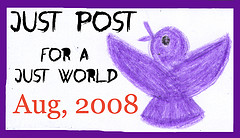
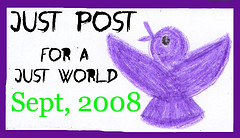
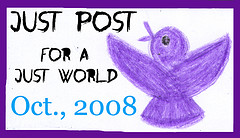


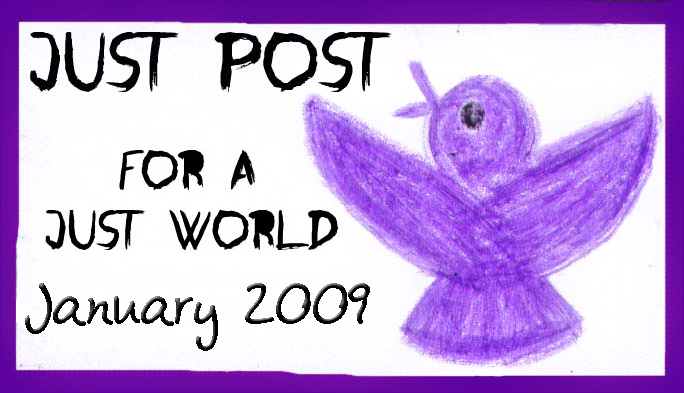
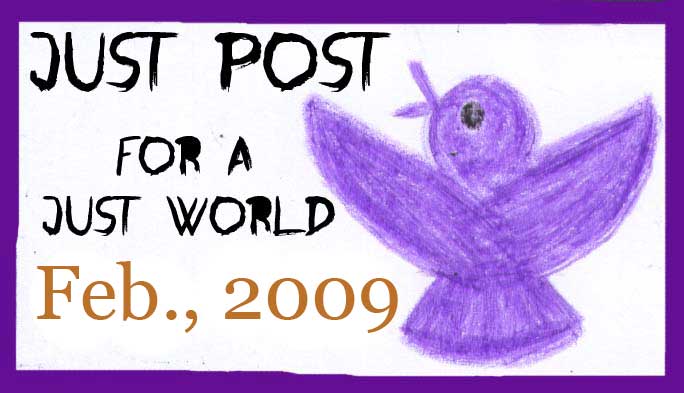








Post a Comment